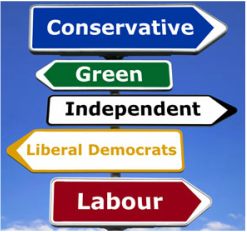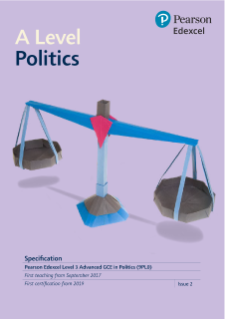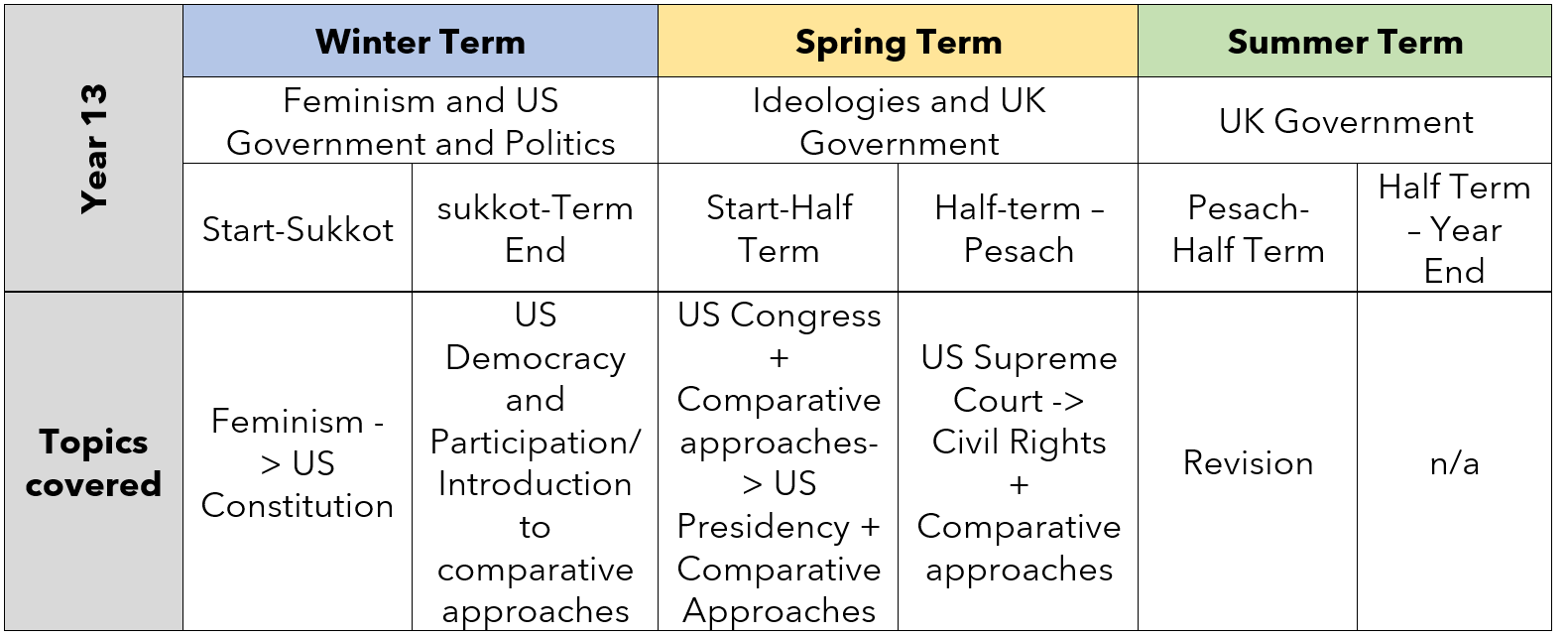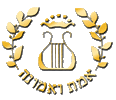AS and A-Level Government & POLITICS
|
Head of Dept: Mr.E.Sleeman
What is Government & Politics
Politics is a subject more important to study than ever before. It is an interesting and academically stimulating course which will help you answer fundamental questions about how and why decisions are made. Throughout the course you will be thinking about: Who holds power and why? Is there a crisis of political participation? What are the appropriate limits to individual liberty? Can established modes of politics tackle environmental challenges?
It is through debate, discussion and disagreement that students shape their own views and opinions of the modern political landscape and their place within it. You do not need to have any previous knowledge to study this subject; curiosity and a willingness to tackle new ideas are more important, together with a capacity to work hard. Politics is acceptable to all universities. It can be combined with a wide range of other A levels. It is a useful subject for students considering careers in Law, Journalism, Radio and TV, Business, the Police, Local Government and the Civil Service. Curriculum Intent Syllabus: Edexcel Politics 2017 Link to the G&P A-Level Spec Link to the G&P A-Level Spec
The way in which the course is designed lends itself to a spiral curriculum.
1. Topics are touched upon multiple times throughout the course. In the Year 12 Winter Term students learn about the key differences between political parties and the factions within each one. This is then revisited when learning about ideologies in the Year 12 Spring Term. Ideologies sets out to explain the philosophy behind the different factions within the core ideology of each party. In Year 13 the comparative element of the course allows students to compare US politics with UK politics. This means that throughout the Winter and Spring Terms they are revisiting work from Year 12 Winter/Spring and Summer Terms. For example, they have to compare the nature of the US constitution and UK constitution thinking about the features and implications of this for both systems. 2. The complexity of the topics increases on each revisit: In Year 12 the revisiting of political parties is made more complex by looking at the underlying ideology and key thinkers associated with each faction. This deepens the students understanding of each political party. For example, we look at the New Right faction of the conservative party in Term 1, mainly focusing on policy outcomes, but then in Term 2 students learn about the influence of neoliberalism and the key thinkers (Ayn Rand and Robert Nozick) to the advancement of the movement. In Year 13 the revisiting of each element of the UK course, comparing it the US allows students to draw connections between the ideological basis of the US governmental structure with the more evolutionary UK structure. These connections allow students to really test their knowledge of institutions, groups and individuals within each branch of the system. 3. New Learning has a relationship with old learning and is put in context with new information. This is relatively evident from the explanations above – however, looking at US Politics puts political ideas such as sovereignty and the rule of law in a new context, with new institutions and a new style of exam question (analyse and examine). Curriculum Roadmap
How will you be examined
1) UK Politics and Core Political Ideas - Component 1 – 2 Hour Exam – 33% of the qualification – 84 Marks.
Section A – one 30 mark question from a choice of 2 – both including a source. Additional 30 mark question from a choice of 2. Section B – One 24 mark question from a choice of 2. 2) UK Government and Non-Core Political Ideas - Component 2 - 2 Hour Exam – 33% of the qualification – 84 Marks. Section A - one 30 mark question from a choice of 2 – both including a source. Additional 30 mark question from a choice of 2. Section B – One 24 mark question from a choice of 2. 3) US Politics- Component 3 – 2 Hour Exam – 33% of the qualification – 84 Marks. Section A – One 12 mark question from a choice of 2 Section B – One 12 mark question (compulsory). Section C – Two 30 mark questions from a choice of 3 Extension Clips |




